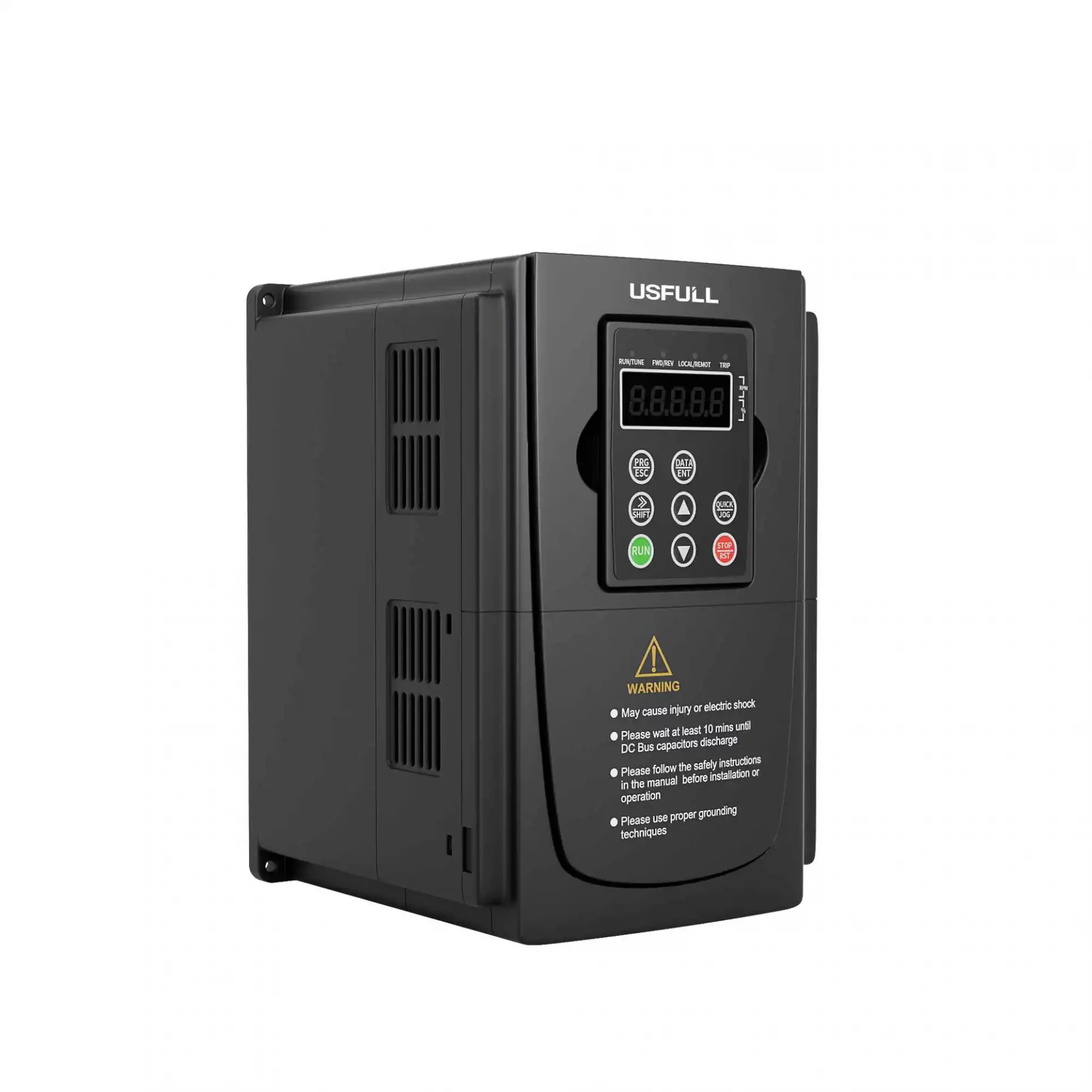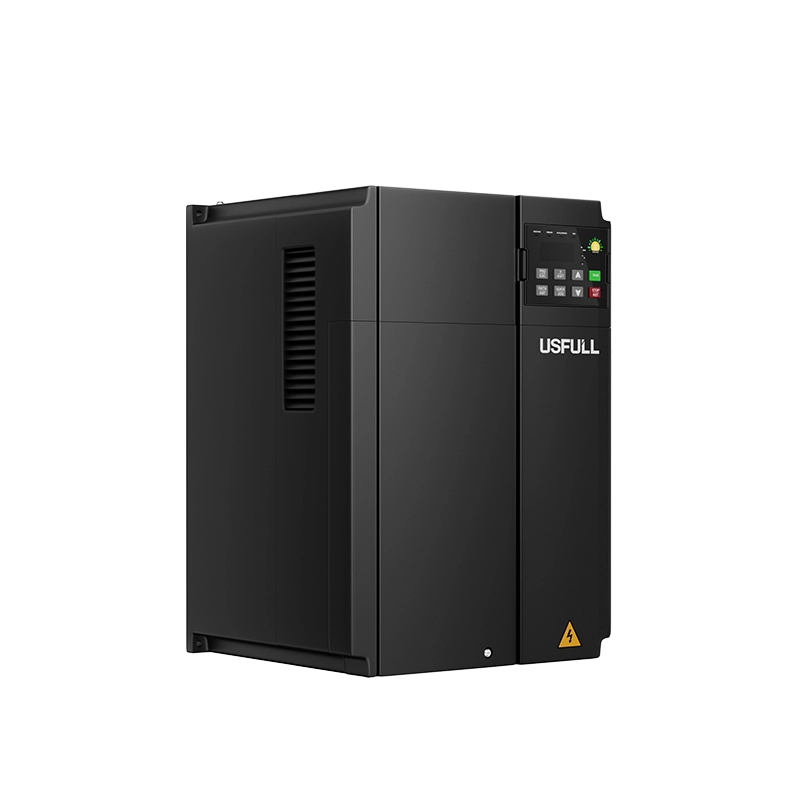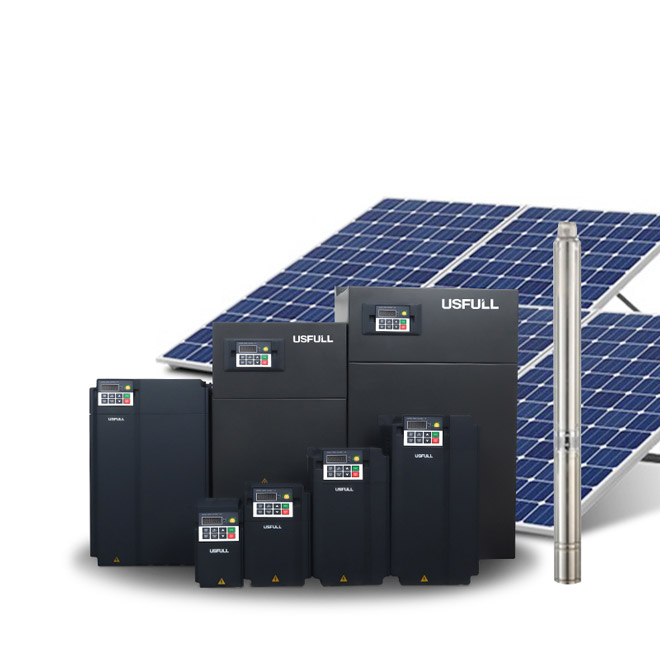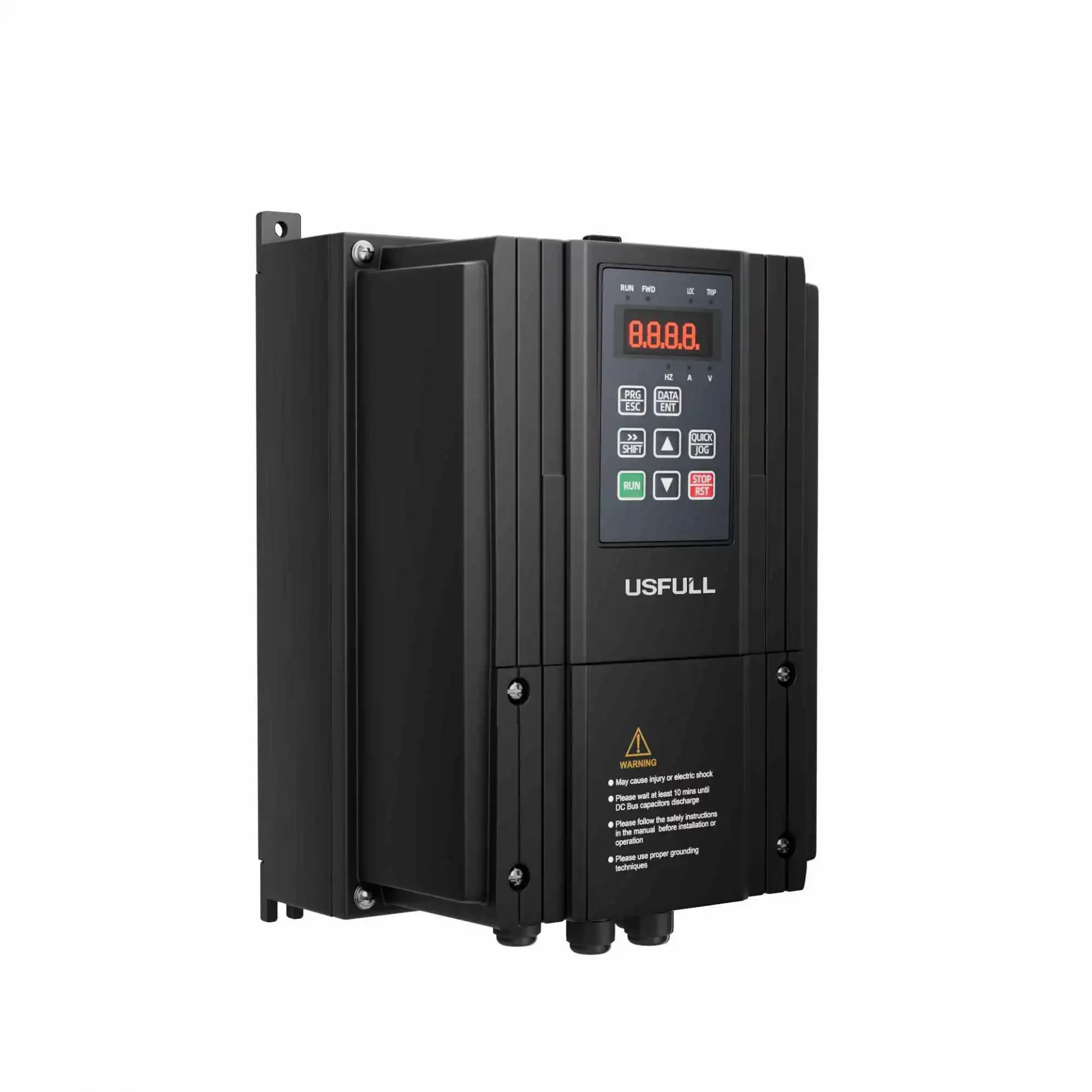What Is a Dedicated Line Reactor for Frequency Inverter?
A dedicated line reactor for frequency Inverter is an electrical device that uses inductance to impede current changes, effectively suppressing higher harmonics generated by frequency inverters. Typically, these reactors are installed in series between the power supply and the frequency inverter, which is why they are referred to as dedicated line reactors. Their primary role is to enhance the performance and reliability of variable frequency drives (VFDs) and variable speed drives by providing a stable electrical environment.
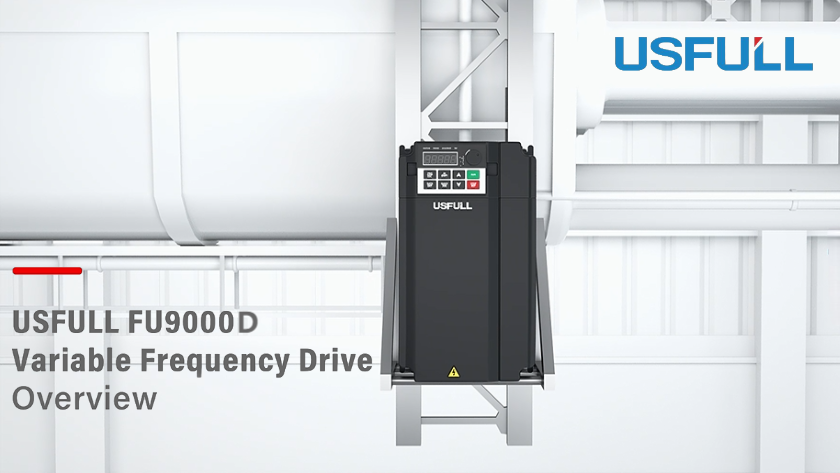
Function of the Dedicated Line Reactor for Frequency Inverter
Dedicated line reactors serve several crucial functions in conjunction with frequency inverters:
Voltage Drop Limitation: They help limit voltage drops on the grid side during the commutation process of the inverter VFD, ensuring that the power supply remains stable.
Harmonic Suppression: These reactors effectively suppress high-frequency harmonics generated during the rectification process of the frequency inverter. This helps to reduce distortions that can affect other equipment in the system.
Voltage Spike Limitation: Dedicated line reactors minimize voltage spikes in the power supply, which can occur during operational fluctuations. This protection is vital for maintaining the integrity of the electrical system.
Current Surge Reduction: They reduce the current surges produced during system operations, which can cause significant stress on both the inverter and other connected devices.
Power Factor Improvement: Dedicated line reactors contribute to improving the power factor of variable frequency drives, enhancing overall system efficiency and performance.

Structural Features of Special Line Reactor for Frequency Inverter
Dedicated line reactors are designed with several structural features that optimize their performance:
Dry-Type Iron Core: Most dedicated line reactors feature a dry-type iron core, ensuring durability and reliability under various operating conditions.
High-Quality Core Materials: The cores are typically made from high-quality, low-loss cold-rolled silicon steel, with air gaps using epoxy-laminated glass cloth to maintain consistent performance during operation.
Tightly Wound Coils: The coils are constructed from H-class enameled flat copper wire, arranged closely and uniformly. This design not only provides excellent heat dissipation but also results in an aesthetically pleasing appearance.
Non-Magnetic Fasteners: The fasteners used in the core are made from non-magnetic materials to reduce eddy current heating during operation, further enhancing efficiency.
Corrosion Resistance: Exposed components are treated to resist corrosion, and the terminal connections are made from tinned copper tubes to ensure long-lasting performance.
Compact and Lightweight: Compared to similar products on the market, dedicated line reactors are compact and lightweight, making them easy to integrate into existing systems while providing a modern look that rivals well-known international brands.
In summary, dedicated line reactors are integral components in the operation of frequency converters like variable frequency drives and variable frequency inverters. Their protective and performance-enhancing functions, coupled with advanced structural features, make them essential for ensuring efficient and reliable operation in industrial automation systems.

